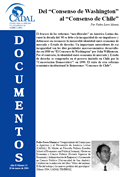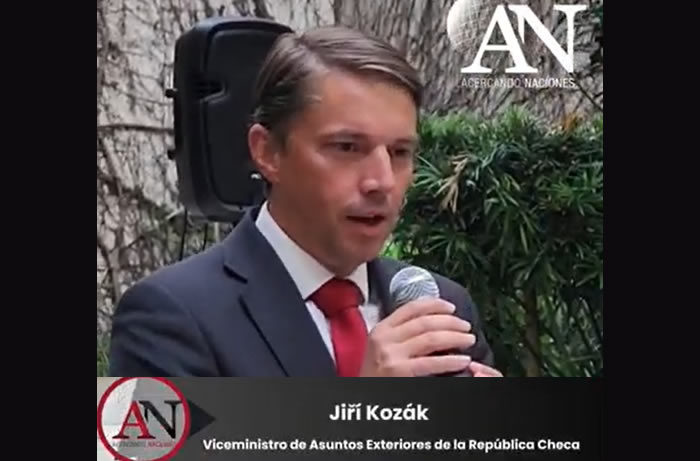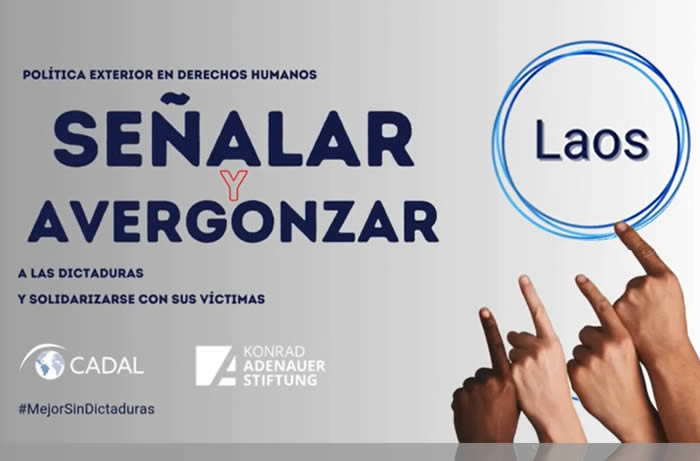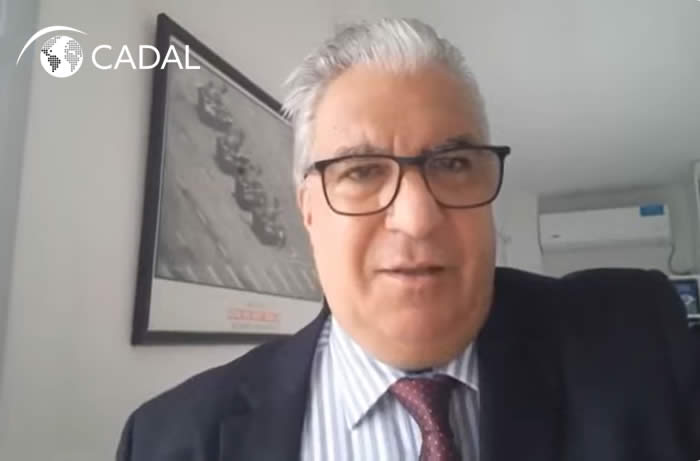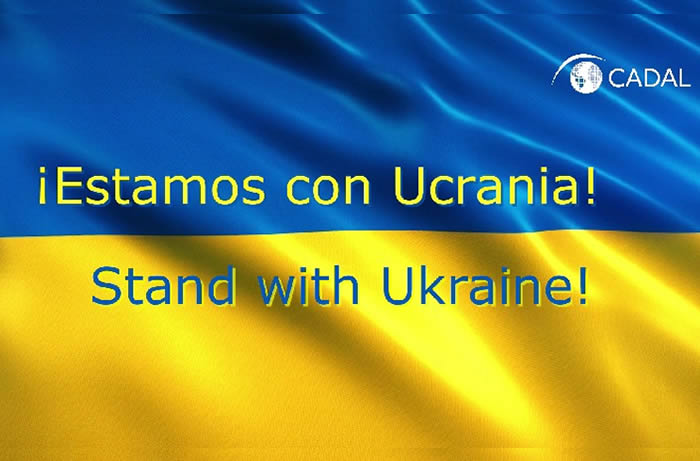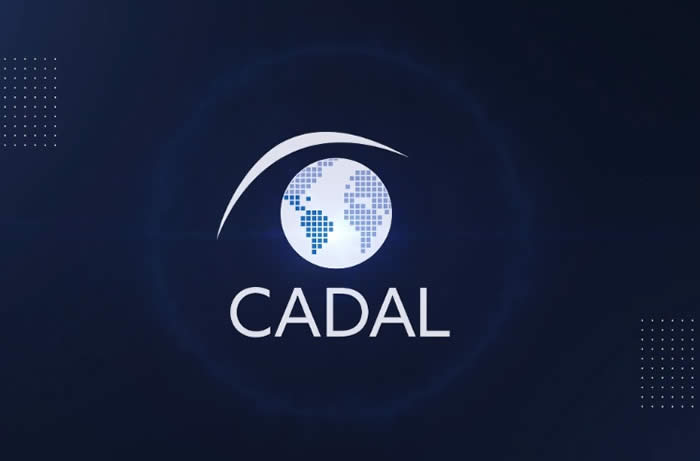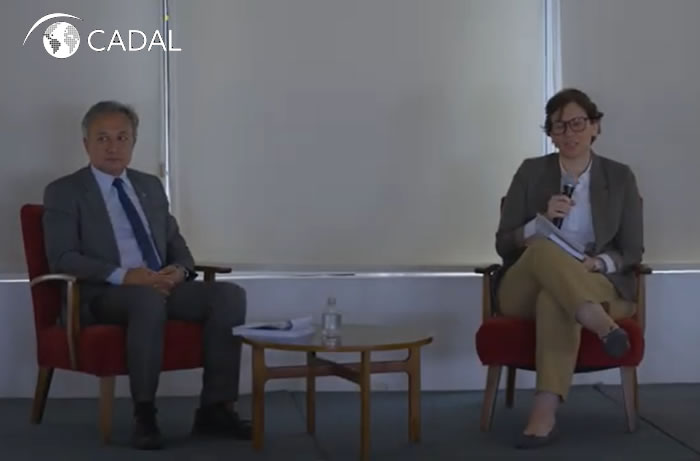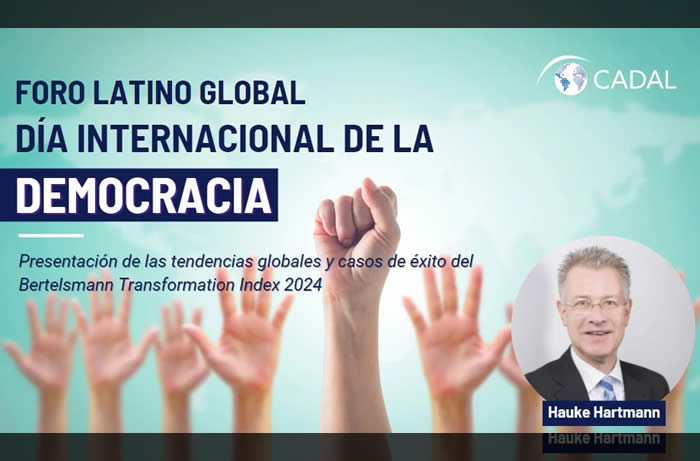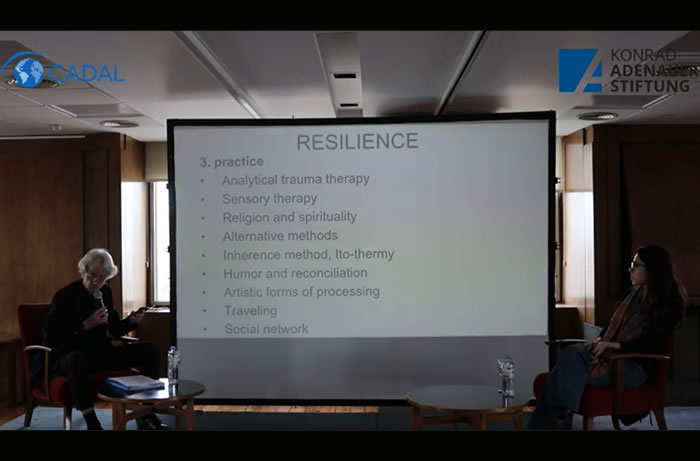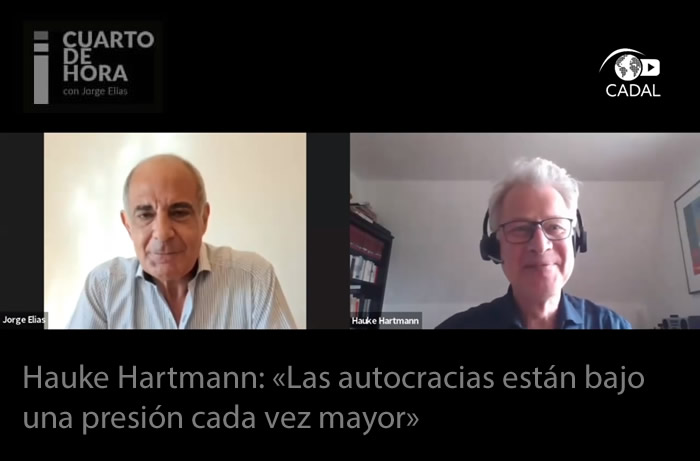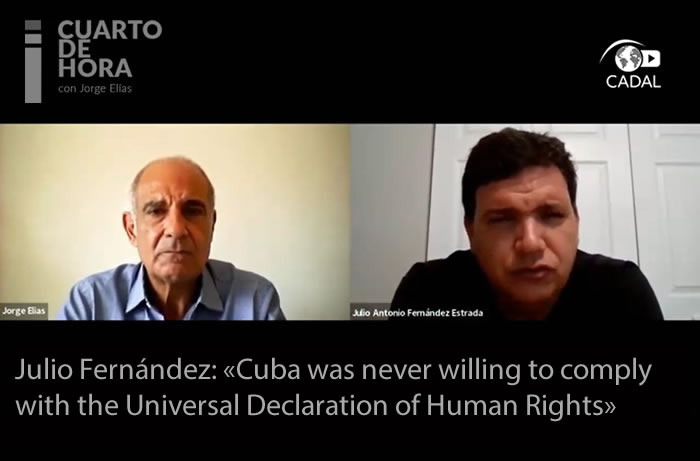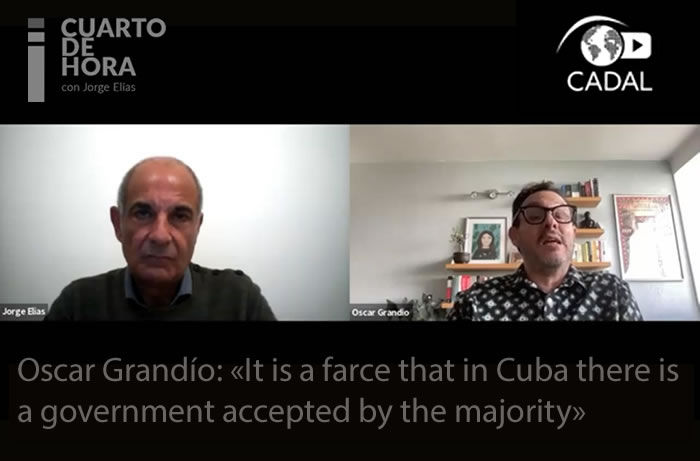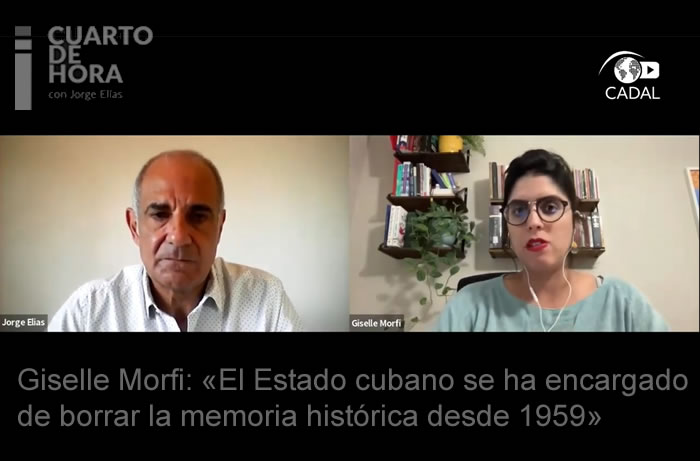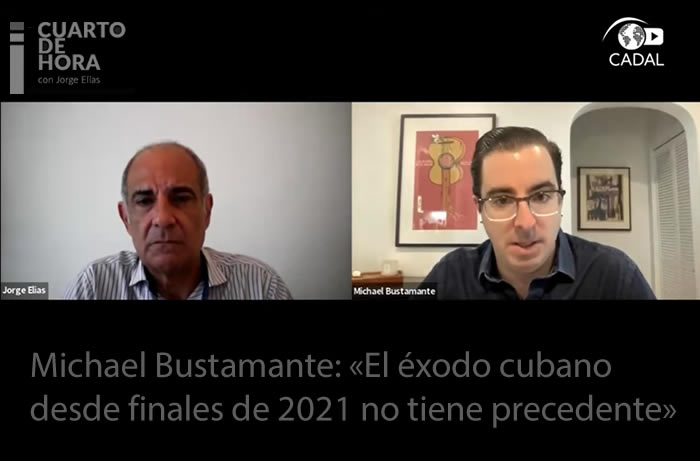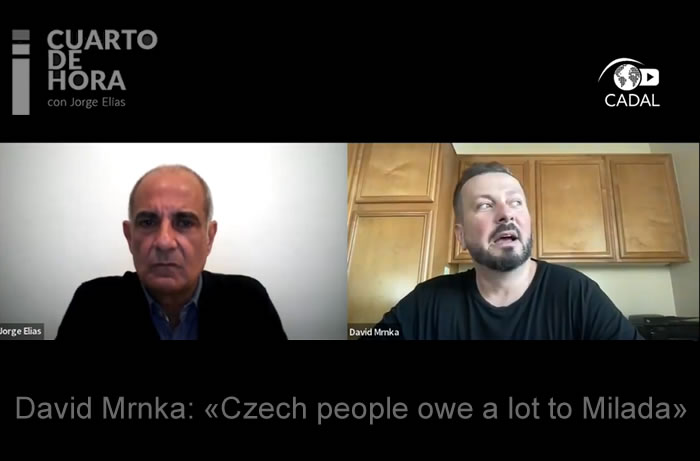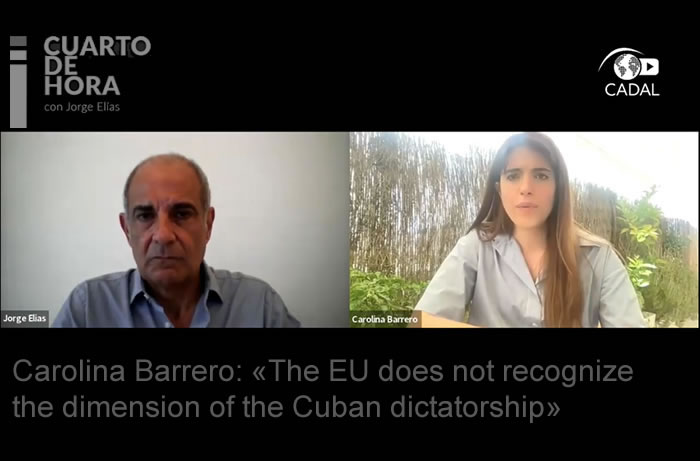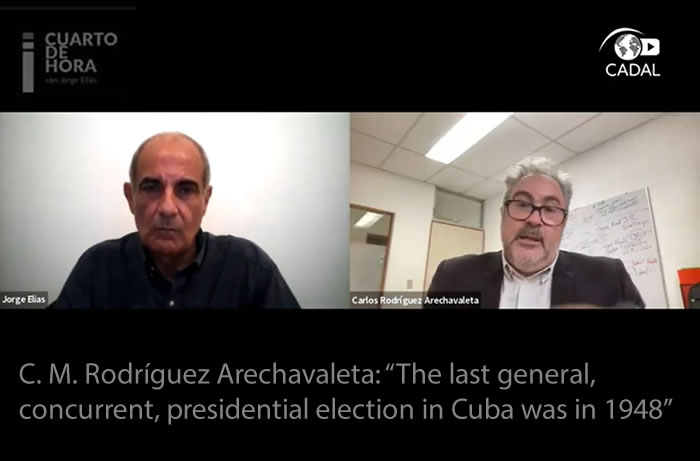documents
From the “Washington Consensus” to the “Chile Consensus”
The failure of “neo-liberal” reforms in Latin America during the 1990’s is due to their advocates’ inability to recognize the inexorable identity between a market economy and Rule of Law. This inability could be seen in the ten macroeconomic goals that were outlined in 1989 in “The Washington Consensus” written by John Williamson. On the other hand, the process the “Concertación Democrática” (official coalition) started in Chile in 1990 proves the identity between market economy and Rule of Law. We will call the success of this economic-institutional reform the “Chile Consensus”. This Document aims to explain why one consensus failed and the other succeeded.The Chilean experience, from 1990 onward, gives us the opportunity to learn lessons so as to avoid the development of other forms of “neoliberal populisms” in Latin America in the near future. The objective of Cadal’s program titled “Economics and Rule of Law” is to humbly contribute to this difficult and incipient task.
Pedro Isern Munné is Vice-Chairman of CADAL. He has a Master Degree in Political Philosophy (London School of Economics and Political Science), a Master Degree in Economics and Political Sciencie (Escuela Superior de Economía y Administración de Empresas), a BA in Political Science (Universidad de San Andrés) and his currently a Ph.D. History student at Universidad Torcuato Di Tella. He was visiting fellow at the Atlas Economic Research Foundation - USA.




